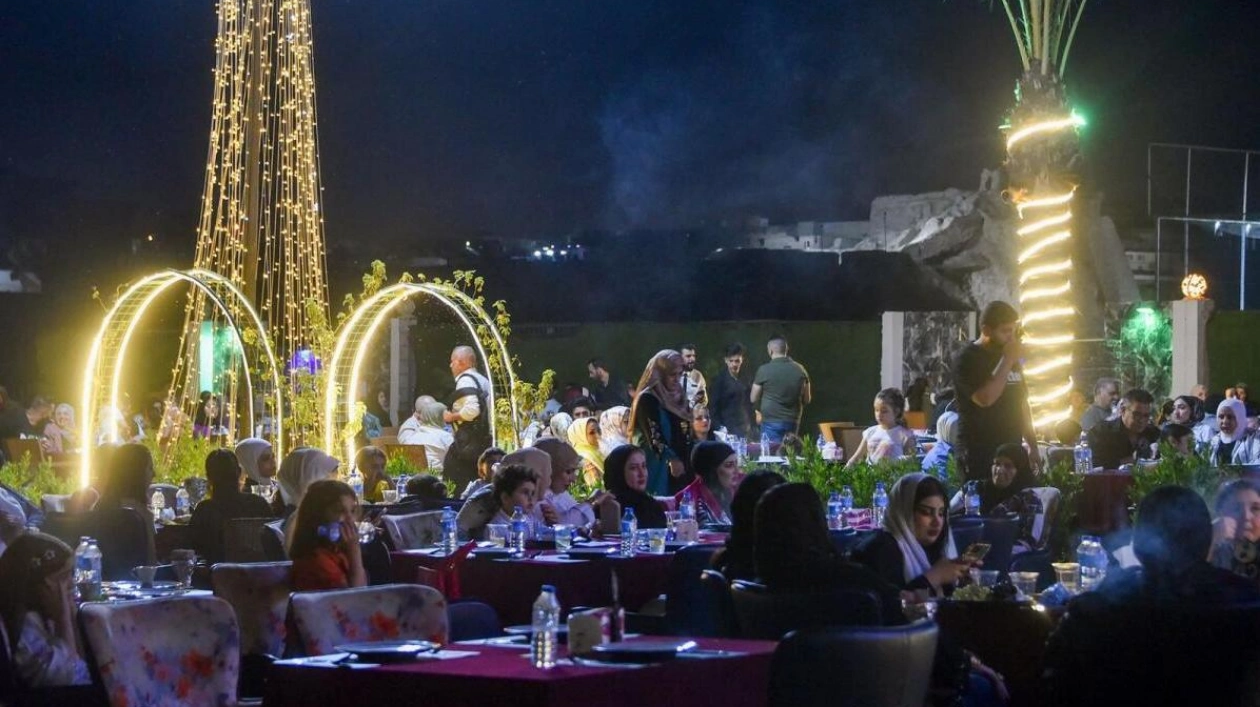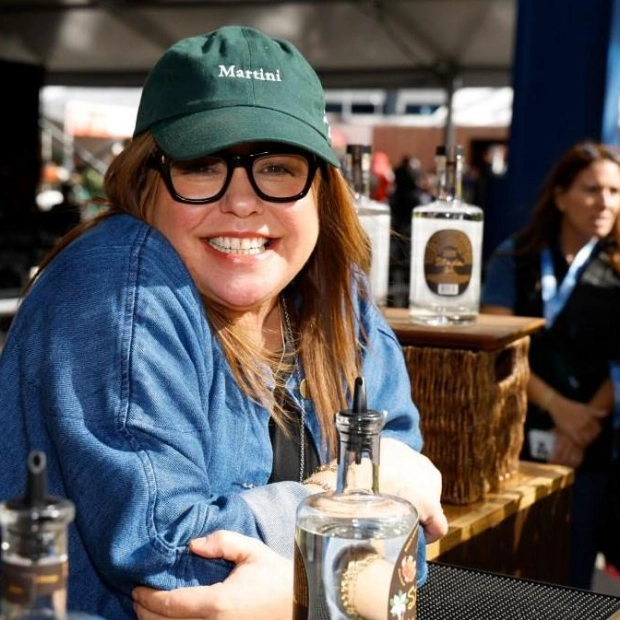If they had attempted this a few years ago, the group of Iraqi women enjoying a night out in Mosul would likely have faced severe consequences. The northern city was under the brutal control of the Daesh group until the militants were expelled from their last major Iraqi stronghold in 2017. Seven years on, Mosul's streets truly come alive after dark, and residents are rediscovering the joy of a good time. Amira Taha and her friends have brought their children to a restaurant to savor food and live music, complete with crooners, on a night out that would have been unimaginable under IS rule.
"There has been a tremendous transformation in Mosul," Taha says. "We now enjoy freedom, and nights out like this have become commonplace" due to "the very stable security situation". The city boasts new restaurants, pleasure cruises on the Tigris River, and amusement parks that attract families eager to take advantage of the newfound stability. Dressed in an electric blue suit, the 35-year-old mother says, "people wanted to open up (to the world) and enjoy themselves". On stage, three Iraqi singers in suits and slicked-back hair take turns entertaining the diners with Iraqi and Arab pop songs. The orchestra includes an electric organist, a violinist, and a musician playing the darbouka, a goblet-shaped drum.
When the militants seized Mosul in 2014, they imposed a reign of terror. Music was banned, as were cigarettes. Churches and museums were looted, and IS staged public stonings and beheadings of perceived wrongdoers. Even after Mosul was recaptured in 2017 in a destructive and lengthy battle by Iraqi and international coalition forces, it took several years for its citizens to recover from years of trauma. Entire neighborhoods were devastated, and reconstruction was a lengthy process. Mines had to be cleared before homes, infrastructure, and roads could be rebuilt to allow hundreds of thousands of people to return to what is now a metropolis of 1.5 million people.
In the past, Taha says, "people would go home, shut their doors, and then go to bed" due to security concerns. But now, all around her on the restaurant's lawns, families are seated at most of the tables. Sometimes the men and women puff on water pipes as their children clap and dance. Overlooking the restaurant is a brand new bridge spanning the Tigris, a proud symbol of a Mosul being reborn. Other cities in Iraq are experiencing a similar return to normalcy after decades marked by war, sectarian violence, kidnappings, political conflict, and extremism.
Ahmed, who goes by only his first name, opened a restaurant called "Chef Ahmed the Swede" in June, after spending "half of my life" in Sweden and taking a gamble. Now he serves between 300 and 400 diners every day, says Ahmed. "I'd always dreamt of coming back and starting my own business," says the proprietor, who is in his 40s. "People want to go out, they want to see something different," he says. At Ahmed's, diners can choose from dishes inspired by Scandinavian and European cuisines, alongside old favorites such as pastas, pizzas, and grilled meats. Khalil Ibrahim runs an amusement park on the banks of the river.
"The city has seen radical changes over the past few years," he says. "We've gone from destruction to reconstruction." Friday is the first day of the weekend, and the evening is filled with the happy shrieks and laughter of children in dodgem cars, the Ferris wheel, and other attractions. "People used to go home early," says Ibrahim. "But now they're still arriving even at midnight." His park opened in 2011, but it was "completely destroyed" in the war. "We started again from scratch" with the help of private funding, he says. As Mosul was still emerging from its militant nightmare, another tragedy struck the city. In 2019, around 100 people, mostly women and children, died when a ferry taking families across the river to a leisure park capsized.
But today, pleasure boats ply the Tigris by night, their passengers admiring the riverbank lights of the restaurants and their reflection in the dark waters. In small cafes, clients play dominoes or cards as they have a smoke. "We're comfortable here. We can breathe. We have the river, and that's enough for us," says day labourer Jamal Abdel Sattar. "Some shops stay open until three in the morning, and some never close," he adds. "When people got their first taste of security, they began to go out again."






